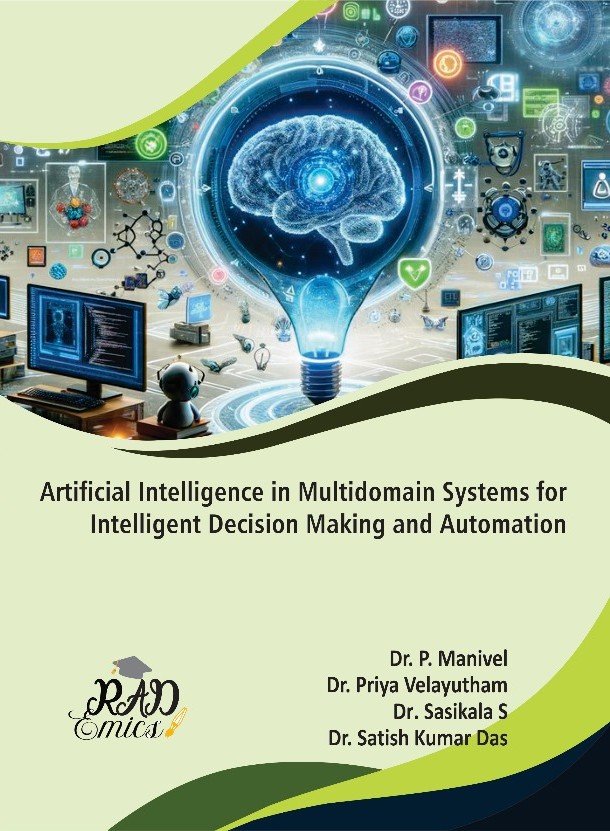
Abstract
The increasing complexity, nonlinearity, and uncertainty inherent in modern process engineering systems demand advanced control strategies capable of real-time adaptation and robust optimization. Hybrid control architectures that integrate fuzzy logic with evolutionary computing offer a powerful framework for addressing these challenges by combining human-like reasoning with adaptive global search capabilities. This chapter presents a comprehensive exploration of hybrid fuzzy-evolutionary control systems, focusing on their application to nonlinear, time-delayed, and chaotic industrial processes. Emphasis is placed on the development of low-latency optimization frameworks, evolving fuzzy inference systems, and real-time feedback integration mechanisms that enable continuous learning and performance improvement. Key contributions include the design principles of adaptive control models, handling of dynamic uncertainties, computational enhancements for latency reduction, and the deployment of these systems in smart manufacturing environments. The synergistic integration of interpretability, adaptability, and computational efficiency positions hybrid soft computing as a foundational approach for intelligent automation in the era of Industry 4.0. This chapter further identifies critical research gaps and outlines future directions for scalable, resilient, and explainable intelligent control systems.
Introduction
Modern process engineering systems are increasingly characterized by complex dynamics, high degrees of nonlinearity, uncertain environments, and time-varying parameters [1]. Traditional model-based control strategies, though effective in linear and well-defined systems, are often inadequate in these scenarios due to their reliance on precise mathematical models and static control laws [2]. As industrial processes evolve toward greater autonomy and adaptability, there is a pressing need for intelligent control systems that can self-adjust in real-time to unforeseen disturbances, noise, and shifting operational conditions [3]. These requirements have driven significant interest in hybrid soft computing paradigms that combine the strengths of multiple computational intelligence techniques [4]. Among these, the integration of fuzzy logic and evolutionary computing has emerged as a particularly effective approach for addressing the inherent uncertainties and optimization challenges in nonlinear process systems [5].
Fuzzy logic offers a rule-based framework capable of handling vagueness and imprecision, which are prevalent in real-world industrial settings [6]. It enables reasoning with linguistic variables and qualitative knowledge, which is especially valuable when exact mathematical models are either unavailable or difficult to derive [7]. Its interpretability and robustness to noise, fuzzy logic systems often require extensive manual tuning of membership functions and rule bases, which limits their scalability and adaptability [8]. Evolutionary computing, comprising techniques such as genetic algorithms, particle swarm optimization, and differential evolution, provides a mechanism to overcome these limitations [9]. These algorithms excel at global search and multi-objective optimization, making them ideal for automating the configuration and continuous improvement of fuzzy control systems in dynamic environments [10].